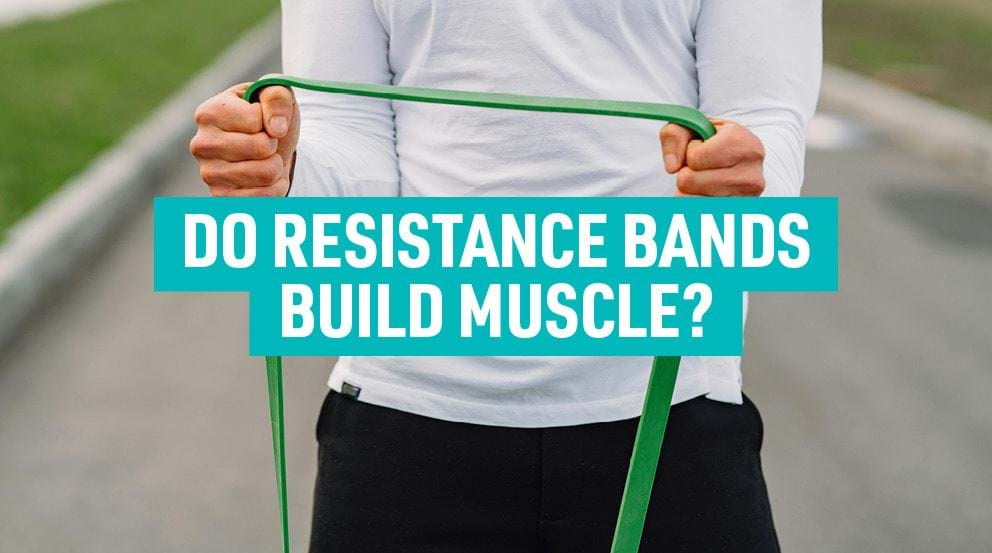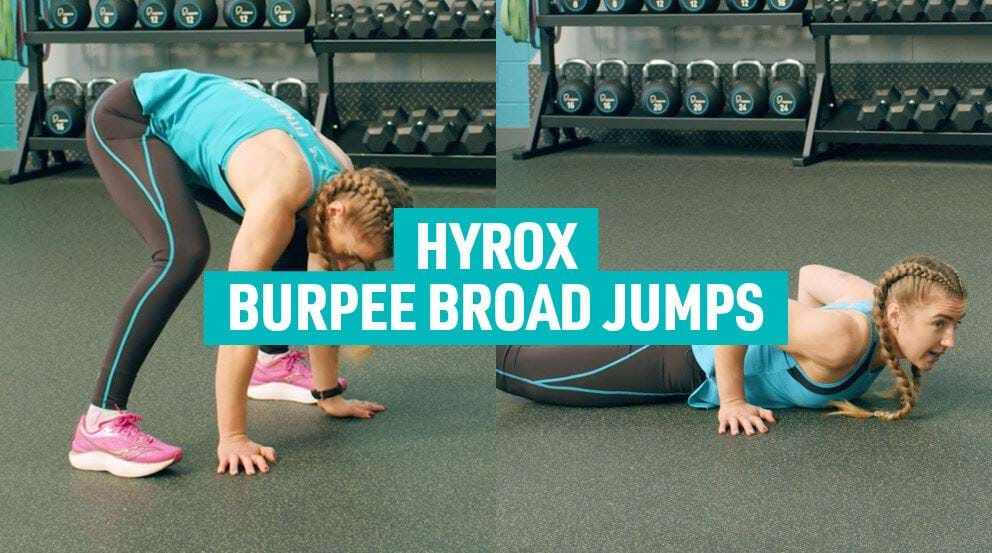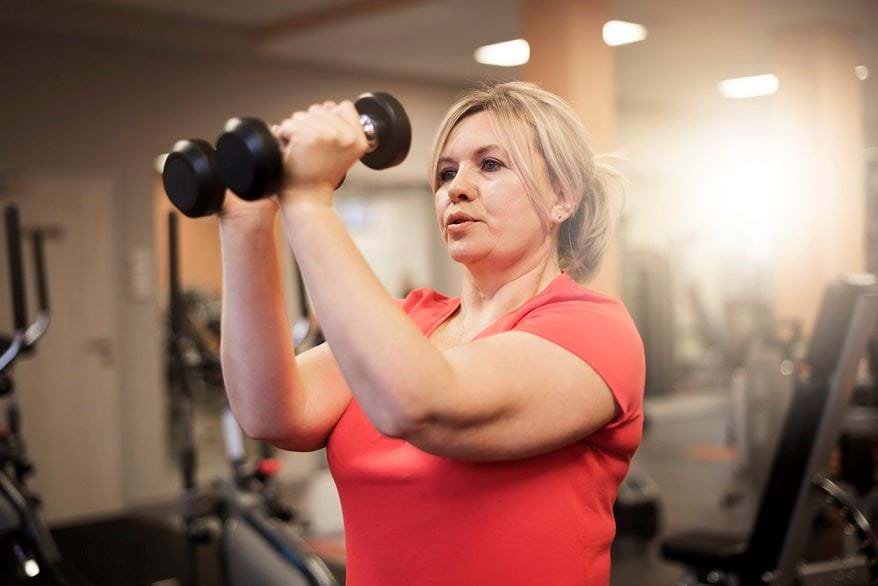Do Resistance Training Bands Build Muscle?

What Are Resistance Bands | Benefits | Can They Build Muscle | Effectiveness | Tips
Looking for an effective, convenient, and affordable way to build muscle? Resistance bands might be just what you need. Often overlooked in favour of weights, resistance bands are a versatile tool that can be used to target different muscle groups to build strength and muscle.
In this blog, Claire Phippen, PT at PureGym Norwich Aylsham Road, dives into everything you need to know about resistance band training for muscle growth.
What Are Resistance Bands?
Resistance bands are stretchy bands that are made from either latex or elasticated fabric. They come in different lengths and different levels of resistance, allowing you to adjust the intensity of your workouts and target different muscle groups.
The higher the resistance is, the more strength is needed to stretch the band. Using resistance bands add tension to movements forces your muscles to work against a load in the same way that using weights does.
The Benefits Of Resistance Training Band Workouts
There are many benefits to using resistance bands for muscle build workouts:
- Versatile: Resistance bands can be used for a wide range of exercises and are able to target multiple muscle groups, including muscles which can be difficult to target with weights as it does not rely on gravity to provide resistance.
- Time under tension: Resistance bands create varying tension on the muscles through the entire movement, creating constant muscle tension during an exercise.
- Suitable for all levels: Resistance bands come in a range of intensities, which means they can be suitable for beginners to more advanced - you can even double up on resistance bands to create more tension as you get stronger! Resistance bands can also be used to make exercises easier, for example pull ups and push ups, making harder exercises more accessible.
- Portable: One of the unique benefits of resistance bands is that they are extremely lightweight and compact, making them easy to take with you and use anywhere. Being able to work out at home, on holiday, in the park, or anywhere else, makes exercise more accessible to more people.
- Affordable: Resistance bands are very affordable, with just a small initial upfront cost. They cost less than free weights or gym equipment, and less than a gym membership.
- Reduced risk of injury: Training with resistance bands has a lower risk of injury than weight training. They are low impact and gentle on the joints, and do not involve risk of dropping heavy weights. Resistance bands are a great way to rehabilitate injuries too!
How Does Resistance Band Training Build Muscle?
To build muscle, you need to cause microscopic tears to the muscle fibres: as the body rebuilds these tears, the fibres increase in size. Over time, these microscopic increases equate to visible muscle mass. This process is known as muscular hypertrophy.
Consistently challenging your muscles with any form of resistance training will lead to hypertrophy if it involves:
- Muscle tension: The amount of force applied to a muscle during a contraction.
- Progressive overload: Gradually increasing the resistance or intensity of your workouts over time.
- Muscle stimulation: Regularly working your muscles to trigger growth and repair.
Are Resistance Bands Effective At Building Muscle?
Weightlifting is often seen as the only method for hypertrophy, studies have found that resistance band training can be as effective as traditional weightlifting for improving strength and muscle size.
One of the reasons lifting weights for hypertrophy is so popular is because it's easy to progressive overload by increasing the weights, and because free weights have almost unlimited maximum potential load.
However, resistance bands are just as effectively able to produce muscle tension and muscle stimulation as weights. It can be more challenging to continually progressive overload, as there is a limit to how much resistance these bands can create, but there are still ways to make exercises more challenging when using resistance bands including:
Time under tension: Slowing down the eccentric portion of the exercise or adding pulses can increase the time under tension to increase the resistance and intensity.
Harder variations: Switching to a harder variation of the exercise, such as a unilateral version, is a great way to make an exercise more challenging.
Volume: Adding reps or sets to increase the volume of exercise can be a way to progressive overload.
Heavier resistance bands: You can get resistance bands in varying resistances, and even double up on bands to increase resistance further.
However, as you get stronger, you may find it helpful to use a combination of weight training and resistance training bands strength workout.
Resistance Band Training For Muscle Growth Tips
Here are some tips to help maximise muscle growth with resistance band training workout:
Incorporate compound exercises: Compound exercises target multiple muscle groups simultaneously, meaning you can work more muscle fibres per workout for greater overall muscle tension.
Use progressive overload: Increase the resistance over time by using any of the above techniques.
Focus on proper form: Using the correct form ensures the correct muscles are being used and maximises muscle activation, making an exercise more efficient at creating muscle tension. It is more effective to do an exercise with less resistance and correct form, than higher resistance and poor form!
Mind body connection: Focusing on the muscles and building mind body connection during an exercise can help with muscle activation.
Rest and recovery: Allow for sufficient time between each workouts for your muscles to recover, and at least one rest day a week.
Nutrition: Eating a balanced diet with plenty of vitamins and adequate protein will help to support muscle repair and growth.
Resistance bands are a valuable tool for building muscle. They offer versatility, portability, and affordability, making them a great option for people of all fitness levels, whether you have a gym membership or not.
Check out our 'How To Build Muscle' hub here for more tips and guides.


